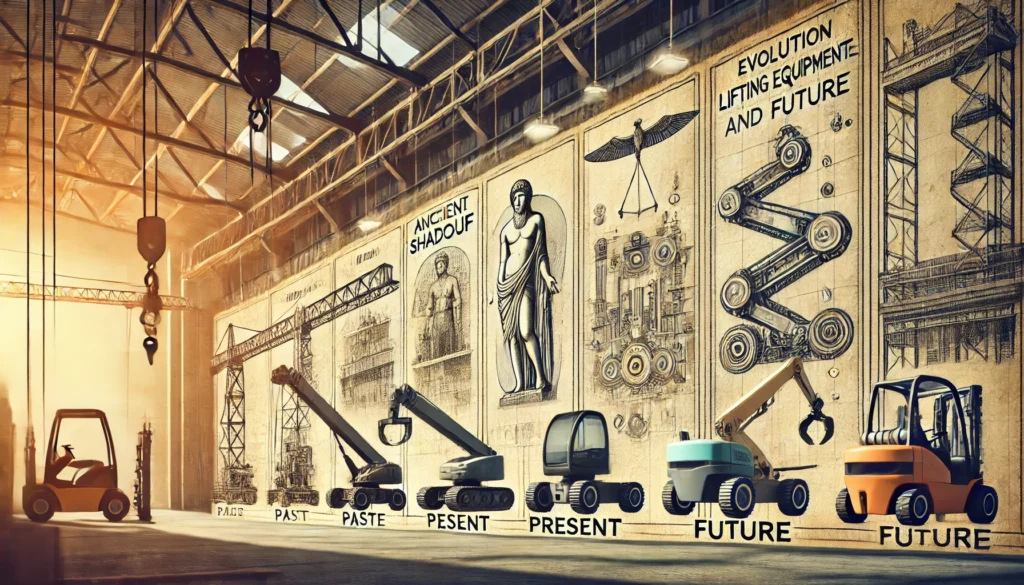As we look toward the future, politics will continue to evolve in response to technological innovation, demographic shifts, and global challenges. The growing influence of artificial intelligence, data privacy concerns, climate change, and migration patterns will redefine how governments operate and how citizens engage with them.
One of the key shifts in global politics is digitization. Governments around the world are using digital platforms to deliver services, increase transparency, and engage with citizens. Estonia, for example, is a global leader in digital governance, offering e-residency and online voting. This digital transformation offers convenience and efficiency but also raises concerns about cybersecurity, surveillance, and access disparities.
Climate Politics and Environmental Justice
Perhaps no issue exemplifies the future of politics more than climate change. As the climate crisis accelerates, political decisions about energy, transportation, land use, and international cooperation will become even more critical. Climate politics has already started reshaping alliances and creating new forms of diplomacy, such as climate summits, global carbon markets, and green technology partnerships.
Young climate activists like Greta Thunberg have demonstrated how non-traditional political actors can influence global agendas. The intersection of climate justice with racial, economic, and gender equality also emphasizes the importance of intersectional politics—an approach that considers how different forms of discrimination and privilege intersect.
Globalization and Nationalism
In recent years, many countries have experienced a resurgence of nationalist politics, often driven by economic uncertainty, cultural anxiety, and migration. While globalization has created immense wealth and interconnected economies, it has also caused job displacement and increased inequality in some regions. Nationalist leaders often respond to these grievances with promises to “take back control,” restrict immigration, and prioritize domestic industries.
However, the global challenges we face—pandemics, cybercrime, terrorism, and environmental degradation—cannot be solved by isolation. They require cooperation and collective action through international organizations like the United Nations, the World Health Organization, and regional alliances such as the European Union or African Union.
Gender and Politics
The role of women in politics has grown significantly, although gender inequality remains a barrier. Countries like Finland, New Zealand, and Rwanda have made headlines for high levels of female political participation and leadership. Empowering women in political processes leads to more inclusive and equitable policymaking, especially in areas like education, healthcare, and child welfare.
Moreover, the growing visibility of LGBTQ+ politicians and advocacy for inclusive laws signal a gradual shift toward more diverse and representative governments.
Citizen Participation in the Digital Age
Technology has not only changed how politicians campaign but also how citizens engage. Hashtags, viral videos, and online petitions can spark global movements in a matter of hours. However, this power comes with responsibility. Misinformation, online harassment, and echo chambers can distort public debate and discourage participation.
To ensure that digital politics empowers rather than divides, governments, platforms, and users must invest in digital literacy, ethical algorithms, and transparent moderation practices.
Final Thoughts: Reclaiming Politics for the People
Politics is often criticized as corrupt, complicated, or distant from ordinary people. Yet, it is also the most powerful tool we have to create positive change. When people disengage, the space is filled by special interests, extremists, or authoritarian forces. But when people participate—by voting, organizing, or simply caring—democracy is strengthened.
In every era, politics reflects the values and struggles of its time. The 21st century will be no different. Whether the future is shaped by division or unity, apathy or engagement, depends on how we choose to act.
As citizens of an increasingly connected world, we must rise to the occasion—not just to demand better politics, but to become better political actors ourselves. With knowledge, empathy, and action, we can ensure that politics serves not just the powerful few, but the common good.




















